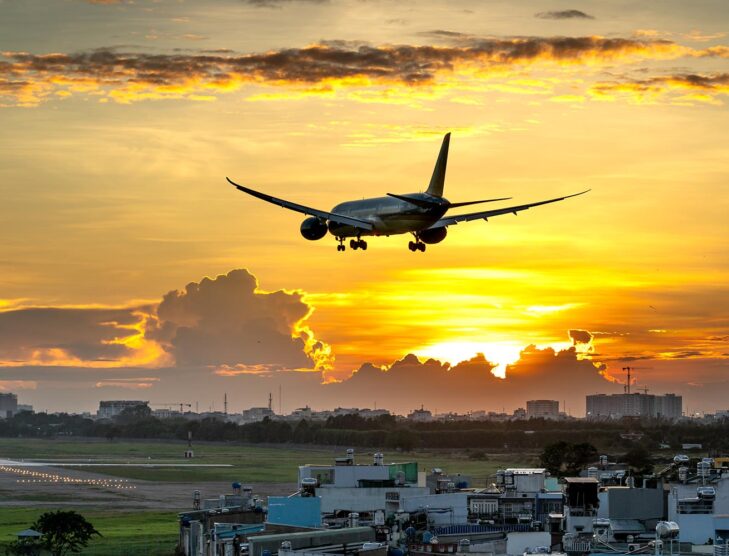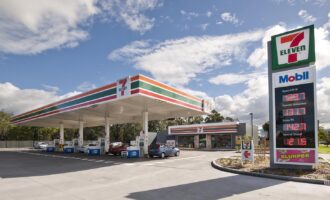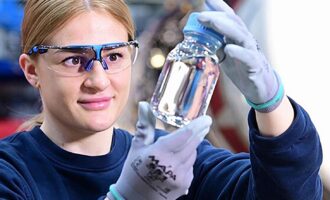
Brasil BioFuels taps Topsoe to provide technology for SAF plant
The Brazilian market offers great potential for low carbon fuels. In April 2022, Vibra Energia, formerly Petrobras Distribuidora SA, and Brasil BioFuels (BBF) announced that they will produce and commercialize sustainable aviation fuel (SAF) from palm oil. This will be the first production in Brazil of biofuels for aviation purposes on an industrial scale.
The biorefinery will start operating in the first half of 2025 and will also produce hydrotreated vegetable oil (HVO) or green diesel, in addition to SAF. The SAF and HVO are expected to be made available to the Brazilian market between 2025 and 2026.
Palm oil, the main raw material for the production of SAF, will be planted at BBF’s facilities located in the municipality of São João da Baliza, in the interior of Roraima, known for its tropical rainforest climate, which is ideal for palm planting.
Brasil BioFuels will invest around BRL2 billion (USD379 million) in the construction of the biorefinery, in the Manaus Free Trade Zone, where HVO and SAF will be produced, with an estimated volume of 500 thousand m³ per year. Vibra will not make a financial contribution and will act as an individual offtaker, with exclusivity over production for five years, which can be renewed for another five years.
On October 19, Topsoe announced that the Danish company has been selected by Brasil BioFuels as the technology provider for the project.
“We are thrilled to be selected as technology provider by Brasil BioFuels for their ambitious plans of introducing SAF and second generation biofuels to the Brazilian market. We are excited to start working with Brasil BioFuels to deliver these clean fuels,” said Gustavo Cienfuegos, managing director, Topsoe, Latin America.
“We are looking for the best and most innovative technologies so that our biorefinery, a pioneer in the country, will be a reference in sustainability and operational excellence,” said Milton Steagall, CEO of Brasil BioFuels.
Topsoe’s hydroprocessing technology will allow the biorefinery to produce the low-carbon fuels while at the same time recycling gases and liquids from the process for production of hydrogen that will be integrated in the biorefinery’s operations.
HydroFlex™ can convert low value feedstocks into drop-in renewable jet and diesel fuel that meets all of the globally accepted specifications for these fuels. The HydroFlex™ process layout offers lower capital expenditure (CAPEX), but also a lower energy consumption during operation, resulting in a lower Carbon Index (CI). Topsoe’s HydroFlex™ can be deployed in both grassroots units and revamps for co-processing or stand-alone applications.
The H2 Bridge™ technology captures waste propane and carbon off gas from the refining process, converts it into hydrogen to be included in powering facility operations.
echo '








